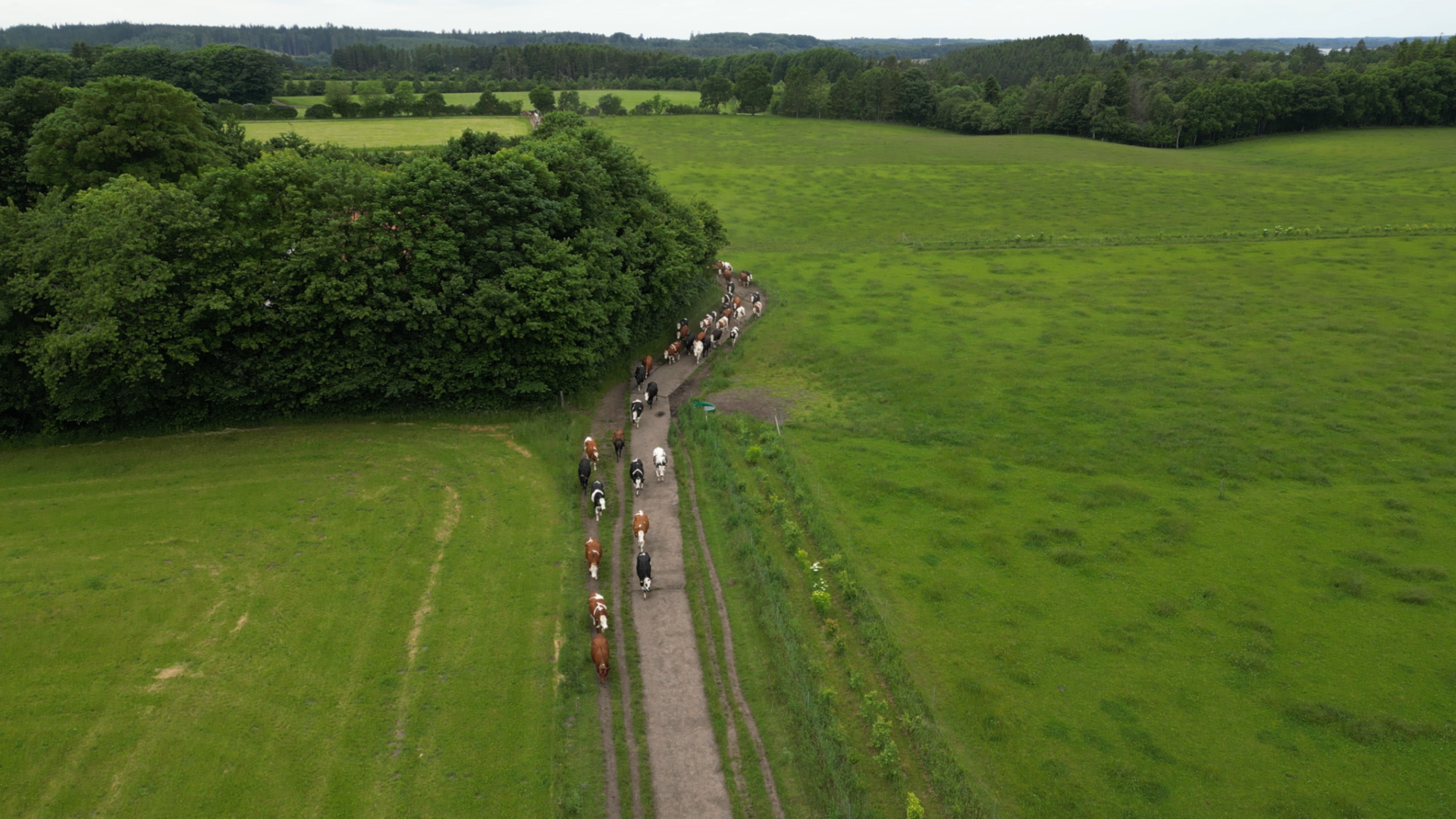Climate measurement tool implemented across all Danish dairy farmers
Denmark is the first country in the world where all dairy farmers use the same Climate Check model to report and work on initiatives reducing their climate impact.
The industry organization Danish Dairy Board has made a shared industry model called for climate checks on farms available to all dairies in Denmark. This is a science based evaluation of the carbon foot print of each farms production of raw milk. These climate checks are central in the entire Danish dairy industry’s joint efforts to reduce the sectors climate footprint from farm and dairy to refrigerated counter.
The measurement tool, called Mejeribrugets Klimatjek, is based on the Science Based Targets, the International Dairy Federation’s Guideline on “A common carbon footprint approach for the dairy sector” and Arla’s Climate Check model. This industry standard is a world-first initiative and a huge testament to the willingness to collaborate and the shared goal of climate action in the Danish dairy sector.
Since 2022, all Danish Arla-farmers, making up most Danish dairy farmers, have been using a Climate Check model developed internally by Arla. This model aims at making reductions in greenhouse gas emissions from farms measurable and quantifiable.
The Climate Check model, which is a digital tool, works by letting the farmer fill in a host of information about their farm and how they run it, e.g. their use of feed, manure handling, animal husbandry and agricultural activities. The tool then estimates, based on science-based parameters, how well the farm is scoring in relation to its climate footprint. The Climate Checks are 3rd party evaluated. Farmers also receive advise on which actions could be taken to further reduce carbon footprint.
Now, the rest of Danish dairy farmers, which consist of approximately 300 organic as well as conventional farms, are able to access a digital climate check platform, a 1:1 copy of the Arla model established and rolled out by the Danish Dairy Board (Mejeriforeningen) as an industry tool.
All farmers are in total control of their own collected data, and they may use it as they please in collaboration with their individual dairies.
Once filled out and enrolled in the program, every single Danish farmer will once a year receive a third-party audit, a qualified climate advisor estimating the potentials for improvements across all reported activities.
A core part of the model, enabled by its scale, is the opportunity for farmers to benchmark the carbon footprint of their specific milk production across a pool of comparable farmers. Also, each dairy receives data from its milk suppliers.
By implementing the industry model for climate checks on farms, for the first time in world history, all dairy companies sourcing raw milk in a single country, from the smaller dairy with 5 farmer owners and up to Arla with 1900 Danish farmer owner, are using the same tool to document and drive reductions in emissions from milk production.
The climate goal of Danish dairy farming is to reduce greenhouse gas emissions in line with the Paris Agreement from all three Scopes – i.e. a 35% reduction from Scope 1 + 2 in the period 2022–2030. The Danish Dairy Association has 30 members, of which 12 dairies receive raw milk directly from dairy farmers. These 12 dairies, of which some are cooperatives, some privately owned, process approximately 5.6 billion kilos of milk per year, equal to the total Danish raw milk production.


